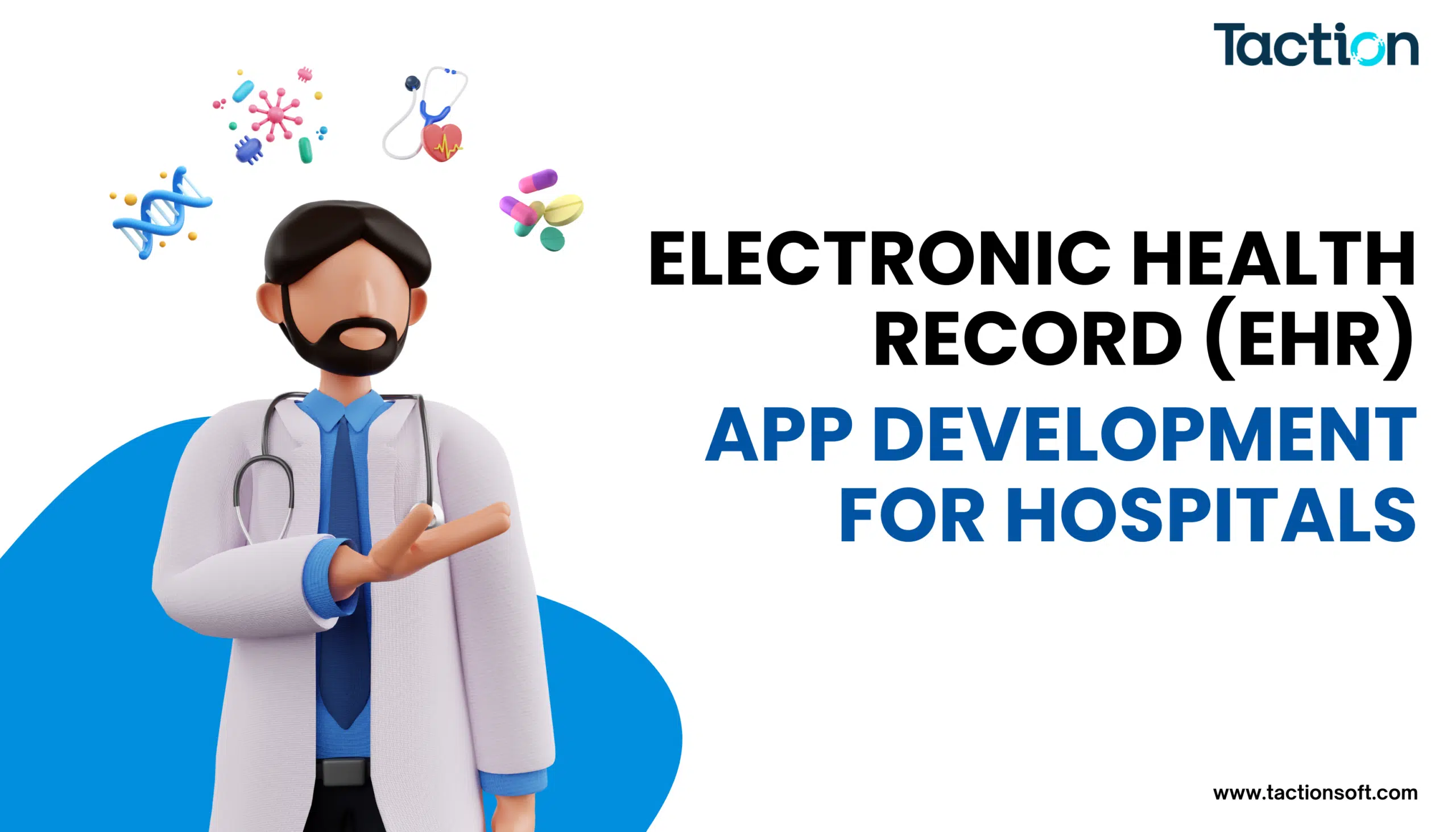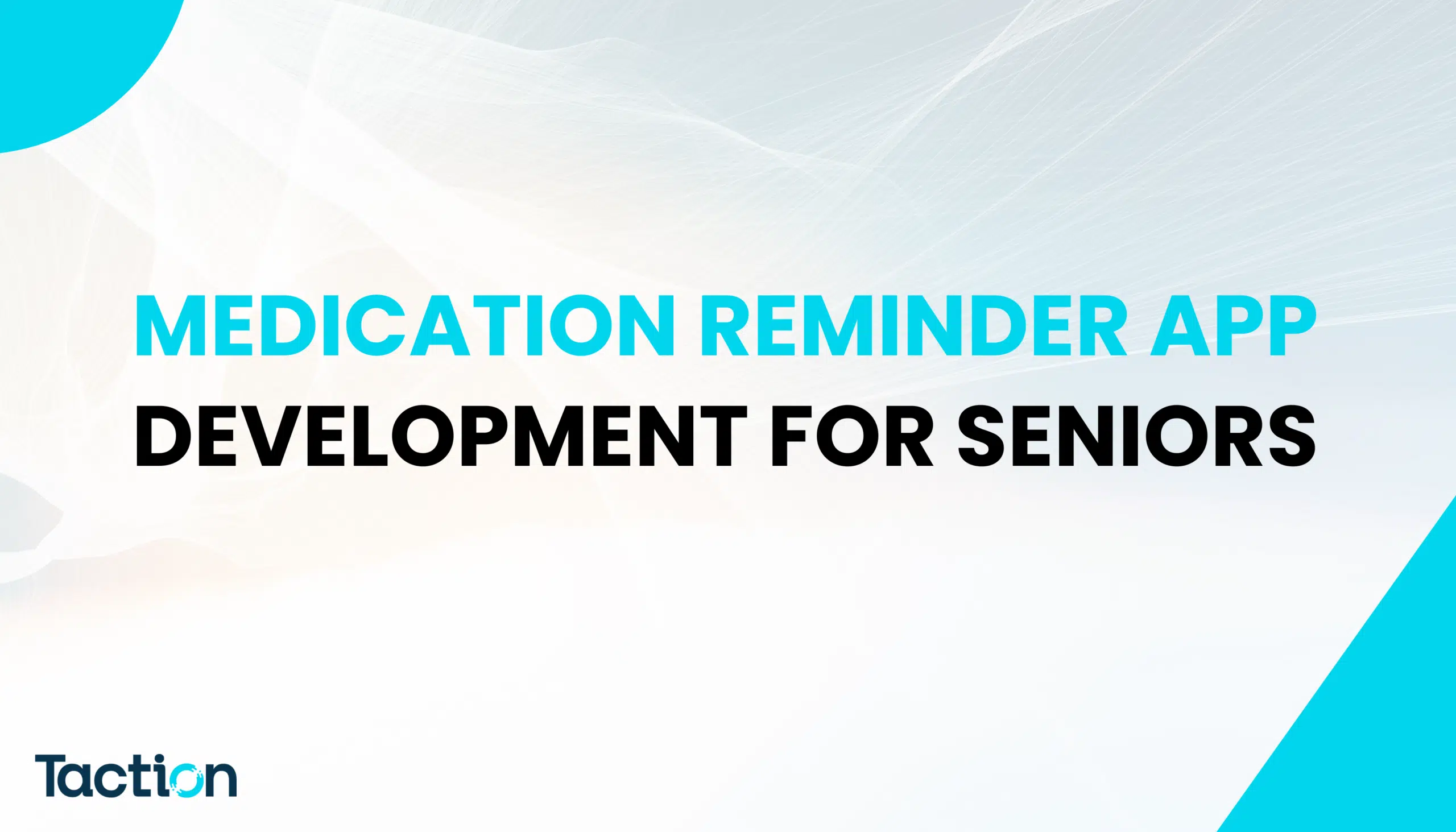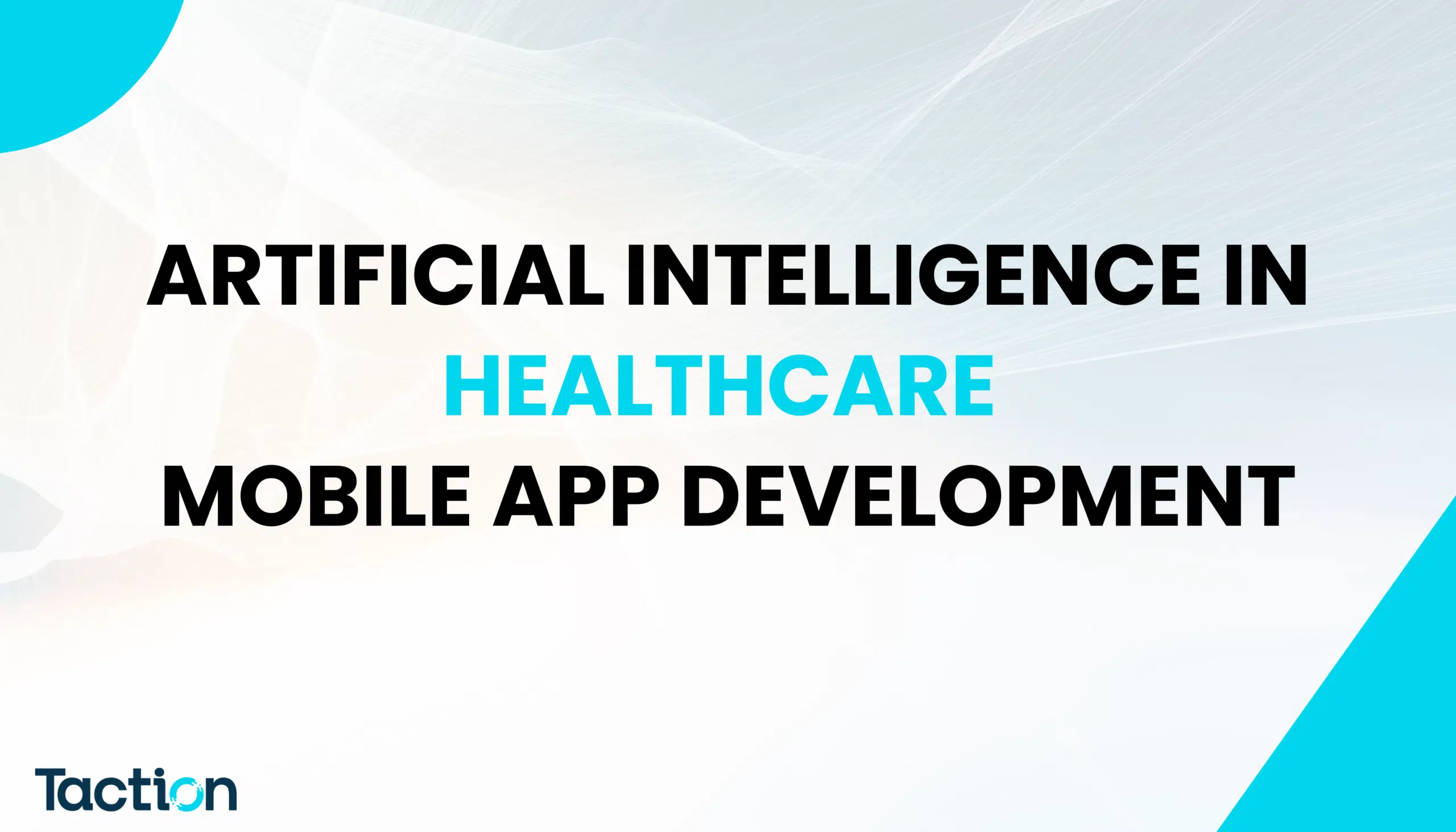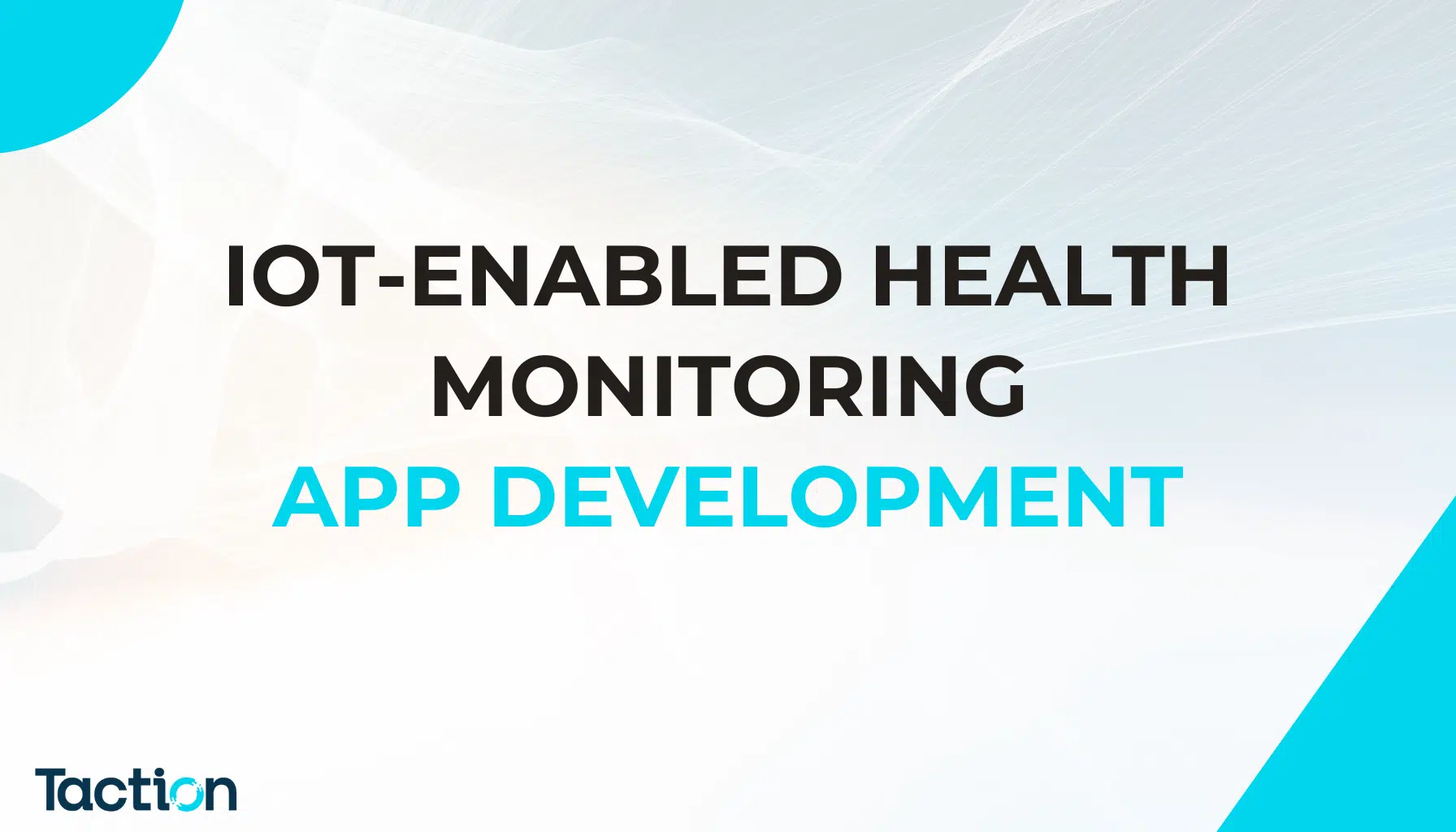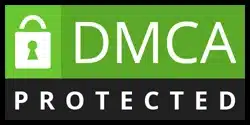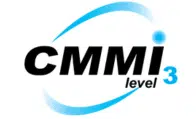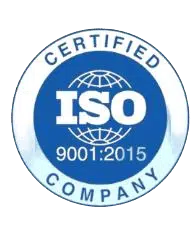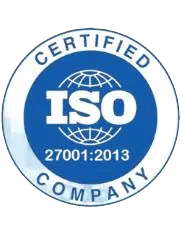Electronic Health Record (EHR) App Development for Hospitals: A Complete Guide
Hospitals today require dependable and secure systems to efficiently maintain patient data within the dynamic healthcare environment. Electronic Health Record (EHR) applications provide the necessary solution. Digital solutions replace conventional paper records by creating centralized real-time access systems that improve patient care while streamlining workflows and maintaining industry regulatory compliance.
During the peak of healthcare digital transformation hospitals quickly implement EHR systems to improve their operational efficiency. By minimizing paperwork and manual mistakes while enabling seamless inter-departmental data exchange an EHR app enables healthcare professionals to make quicker and better-informed decisions. The application enhances communication among doctors, nurses, and specialists which leads to improved coordination and better patient outcomes.
Taction Software combines 19+ years of healthcare technology expertise which establishes us as a trusted partner for EHR app development. We specialize in creating secure, scalable solutions that meet hospital requirements while fully complying with HIPAA regulations. Our specialization lies in developing solutions that streamline workflows and improve patient care through custom EHR development and system integration with existing hospital software and interoperability enhancements.
This guide provides detailed insights into essential elements of EHR app development for hospitals and discusses compliance requirements along with challenges and emerging trends. This article will become your primary resource when you want to learn about the development process of an EHR solution along with its benefits and best practices for your hospital.
Understanding EHR Apps: What They Are and Why Hospitals Need Them
Electronic Health Record apps function as secure digital platforms which allow for the storage, management and sharing of patient health data. The applications serve as a unified platform that allows healthcare providers to access medical information while updating it and performing data analyses as soon as changes occur. EHR apps maintain accurate patient records while reducing mistakes and optimizing workflow management for healthcare facilities.
Healthcare facilities are now adopting EHR systems to advance patient care quality and operational efficiency while meeting industry standards for regulatory compliance. The traditional approach of manual record-keeping generates errors and consumes significant time while restricting access to information. EHR applications tackle these obstacles through their automated cloud-based interoperable systems which enable seamless integration across different healthcare departments.
With advancements in healthcare app development, hospitals can now implement feature-rich EHR solutions that improve workflow efficiency and patient outcomes.
Why Hospitals Are Moving to Digital EHR Solutions?
- Better Patient Care – EHR apps provide real-time access to patient history, prescriptions, allergies, and test results, allowing doctors to make informed treatment decisions quickly.
- Regulatory Compliance – Governments and healthcare authorities require strict adherence to data security laws like HIPAA, HITECH, and GDPR, which EHR systems help enforce.
- Improved Efficiency – Automation reduces administrative tasks, minimizing paperwork and errors, thus allowing medical staff to focus on patient care.
- Seamless Interoperability – EHR apps integrate with other hospital systems, labs, pharmacies, and insurance platforms, ensuring smooth coordination.
- Data Security & Backup – Digital health records prevent data loss, unauthorized access, and maintain accurate historical records with encrypted storage.
As healthcare becomes increasingly data-driven, hospitals must adopt robust EHR solutions to stay competitive, improve outcomes, and optimize operations.
How EHR Apps Improve Patient Care and Hospital Operations?
- Faster Access to Patient Records for Quicker Diagnosis
With an EHR app, doctors can instantly retrieve a patient’s medical history, allergies, and lab results. This speeds up diagnosis and treatment decisions, reducing delays in critical cases. - Better Coordination Among Healthcare Providers
EHR systems allow doctors, nurses, specialists, and administrative staff to work together efficiently. Shared access to real-time patient data improves decision-making and reduces duplication of tests or procedures. - Reduced Paperwork and Administrative Burden
Digital records eliminate the need for paper charts, handwritten notes, and physical storage, reducing human errors and saving valuable time. Automated features such as e-prescriptions, digital billing, and appointment scheduling further enhance hospital efficiency.
By integrating an EHR app, hospitals can revolutionize patient care, ensuring faster, safer, and more effective healthcare delivery.
Looking for a secure and efficient EHR app for your hospital?
Key Features Every Hospital EHR App Must Have
The creation of an EHR application for hospital use demands the incorporation of vital components which support patient treatment while making hospital processes more efficient and maintaining both data security and regulatory compliance. Effective EHR systems must store patient data while providing intelligent automation capabilities along with seamless integration and user-friendly accessibility for healthcare professionals.
Below are the must-have features of a robust hospital EHR app:
Essential Features of an EHR App
Feature | Functionality & Benefits |
Patient Profile Management | Enables doctors and hospital staff to view, edit, and update patient medical records with ease. Provides a comprehensive patient history in one place. |
Doctor and Staff Dashboard | A centralized dashboard for doctors, nurses, and staff to quickly access patient records, appointments, lab reports, and medications. |
Appointment Scheduling & Reminders | Automates the patient booking process and sends reminders via email, SMS, or push notifications to reduce no-shows. |
E-Prescription & Medication Management | Digital prescriptions with automated alerts for drug interactions, dosage reminders, and refills for improved patient safety. |
Clinical Decision Support (CDS) | AI-driven treatment recommendations based on patient history, allergies, and test results, helping doctors make informed decisions. |
HIPAA & HL7 Compliance | Ensures secure data handling, encryption, and access control, meeting industry standards like HIPAA, HL7, and GDPR. |
Interoperability with Other Systems | Integrates with hospital management systems, laboratories, pharmacies, and insurance providers for seamless data exchange. |
Billing & Insurance Processing | Automates insurance claims, invoicing, and patient billing, reducing administrative workload and ensuring accuracy. |
Mobile health apps are transforming patient care by integrating EHR systems into smartphones and wearable devices for real-time monitoring and easy access to medical history Each of these features is crucial for the success of a hospital EHR system, ensuring efficiency, security, and compliance while enhancing the overall patient experience.
Want a feature-rich EHR app tailored for your hospital? Let’s build it together—
How to Develop a Scalable and Secure EHR App for Hospitals
Developing a scalable and secure EHR app demands structured planning to achieve efficiency together with interoperability and compliance with regulations. The hospital EHR system ought to protect patient information while effectively adjusting to expanding hospital requirements without experiencing performance difficulties.
This guide provides an in-depth step-by-step overview of developing EHR apps while illustrating best practices for maintaining scalability and security.
Step-by-Step Process of EHR App Development
1️⃣ Requirement Analysis & Planning
- Identify hospital workflows, user needs, and compliance requirements.
- Define core features based on hospital requirements, including patient management, scheduling, billing, and interoperability.
2️⃣ UI/UX Design
- Create a user-friendly and accessible interface for doctors, nurses, and hospital administrators.
- Ensure intuitive navigation to minimize the learning curve and enhance user experience.
3️⃣ Development & Tech Stack Selection
- Choose the right programming languages, frameworks, and cloud solutions for seamless performance.
- Recommended stack: React Native/Flutter (Frontend), Node.js/Python (Backend), PostgreSQL/MongoDB (Database), AWS/Azure (Cloud hosting).
4️⃣ Integration with Existing Systems
- Ensure smooth data exchange by integrating with HL7, FHIR, medical devices, laboratory systems, and insurance platforms.
- Implement APIs for interoperability between hospital departments.
5️⃣ Security & Compliance Implementation
- Implement end-to-end encryption, role-based access control (RBAC), and multi-factor authentication (MFA).
- Ensure compliance with HIPAA (USA), GDPR (Europe), HITECH Act, and other healthcare regulations.
6️⃣ Testing & Quality Assurance
- Conduct functional, security, and performance testing to eliminate bugs and security risks.
- Perform load testing to ensure the app handles high traffic efficiently.
7️⃣ Deployment & Ongoing Maintenance
- Deploy the app on secure cloud-based infrastructure for scalability.
- Provide continuous monitoring, updates, and support to ensure smooth hospital operations.
Best Practices for a Scalable & Secure EHR App
✔ Use a cloud-based infrastructure for real-time access and scalability.
✔ Adopt a microservices architecture to enhance flexibility and system upgrades.
✔ Encrypt all patient data to ensure privacy and regulatory compliance.
✔ Implement disaster recovery protocols to prevent data loss.
Building a hospital EHR application needs professional knowledge of healthcare regulations and security measures in addition to flawless system integration capabilities. Taction Software uses their 19+ years of industry knowledge to deliver a custom EHR solution that meets your hospital’s requirements while maintaining HIPAA compliance and scalability.
Need a scalable and secure EHR app? Let’s build it—
Tech Stack for EHR App Development: What Works Best?
Developing an EHR app for hospitals requires selecting a technology stack that delivers scalability, security and high performance. The technology stack must enable real-time data access while ensuring seamless interoperability and adherence to healthcare regulations such as HIPAA and HL7.
The architecture of a well-designed EHR system involves a strong frontend and backend system together with a reliable database and security protocols and APIs enabling efficient information exchange between hospital departments medical devices and external systems. This section lists the top technologies for developing EHR applications.
Frontend & Backend Technologies
Component | Recommended Technologies | Purpose |
Frontend (User Interface) | React Native, Flutter, Swift (iOS), Kotlin (Android) | Creates an intuitive, responsive, and cross-platform interface for doctors, nurses, and staff. |
Backend (Server-Side Processing) | Node.js, Python (Django), Ruby on Rails | Handles data processing, security, and business logic efficiently. |
Database (Data Storage & Management) | PostgreSQL, MongoDB, MySQL | Stores patient records, prescriptions, and hospital data securely. |
Security (Data Protection & Authentication) | OAuth, JWT Authentication, Data Encryption | Ensures secure access, data privacy, and encryption for patient information. |
APIs (Interoperability & Integration) | FHIR, HL7, SMART-on-FHIR | Allows seamless data exchange with hospital systems, labs, and pharmacies. |
Why This Tech Stack?
✅ Scalability – Supports growing hospital needs and high traffic.
✅ Security – Complies with healthcare data privacy standards (HIPAA, GDPR, HL7).
✅ Interoperability – Facilitates smooth integration with hospital management systems and third-party apps.
✅ Cross-Platform Compatibility – Ensures seamless accessibility across web, mobile, and tablet devices.
EHR apps can be built for both Android and iOS devices, ensuring accessibility for all healthcare professionals and patients. A well-optimized Android & iOS EHR app provides seamless functionality across platforms. With the right tech stack, hospitals can ensure faster processing, better security, and improved interoperability in their EHR applications.
Need a scalable and secure EHR app? Let’s build it—
Compliance and Security Considerations in EHR App Development
EHR app development requires compliance and security because it is legally mandated beyond best practices. Sensitive patient information makes hospitals extremely vulnerable to cyber threats. A security violation can result in legal repercussions as well as financial damage and diminished trust among stakeholders. EHR systems require strong security architectures together with strict compliance regulations to safeguard patient health information (PHI).
Every EHR app that complies with international healthcare rules must also use cutting-edge security protocols to avoid data breaches along with unauthorized access and system breakdowns. Hospital EHR applications need to incorporate essential security measures together with compliance standards.
Key Compliance Standards for EHR Apps
Compliance Standard | Purpose |
HIPAA (USA) | Ensures the protection of patient health information (PHI) in hospitals and healthcare applications. |
GDPR (Europe) | Enforces strict data privacy laws for patients in the European Union. |
HL7 & FHIR | Facilitates seamless interoperability between different healthcare systems. |
HITECH Act | Encourages adoption and meaningful use of EHR systems to improve patient care. |
Data Security Measures
1️⃣ End-to-End Encryption
- Encrypts patient data in transit and at rest to prevent unauthorized access.
- Uses AES-256 and TLS 1.2+ encryption standards to enhance data protection.
2️⃣ Multi-Factor Authentication (MFA)
- Requires multiple forms of verification (password + OTP + biometrics) to prevent unauthorized logins.
- Reduces the risk of security breaches caused by stolen credentials.
3️⃣ Role-Based Access Control (RBAC)
- Restricts data access based on user roles (doctors, nurses, administrators, patients).
- Prevents unnecessary exposure of sensitive patient information.
Why Compliance & Security Matter?
Organizations that violate regulations may face harsh financial punishments while risking data breaches and damage to their reputation. An EHR app that meets security and compliance standards defends hospitals against cyber threats and establishes patient trust while facilitating smooth healthcare operations.
Need a HIPAA-compliant, secure EHR app for your hospital? Let’s build it—
Challenges in EHR App Development and How to Overcome Them
Hospitals face unique challenges when they develop an EHR app. Implementing an EHR system demands healthcare providers to address multiple challenges including integration with current hospital infrastructure while ensuring data security and fostering user adoption. Failure to properly address these challenges will lead hospitals to experience operational inefficiencies along with compliance risks and user resistance.
This section discusses frequent obstacles in EHR app development and their effective solutions.
Top EHR App Development Challenges & Solutions
Challenge | Solution |
Interoperability Issues | Many hospitals struggle with EHR apps that don’t integrate with existing systems like laboratory databases, pharmacy networks, or medical devices. |
Data Security Risks | Hospitals store highly sensitive patient data, making them prime targets for cyber threats like data breaches and ransomware attacks. |
User Adoption & Training | Doctors, nurses, and hospital staff may find EHR systems complex or time-consuming, leading to low adoption rates. |
Scalability Concerns | As hospitals expand, EHR systems may struggle with increasing patient records and multiple facility integrations. |
Overcoming EHR Development Challenges for a Seamless Experience
A properly designed EHR application must ensure security, interoperability, scalability, and ease of use for users. Hospitals can achieve operational efficiency and better patient outcomes while improving staff productivity by proactively resolving these challenges through an effective EHR system.
Why Compliance & Security Matter?
Organizations that violate regulations may face harsh financial punishments while risking data breaches and damage to their reputation. An EHR app that meets security and compliance standards defends hospitals against cyber threats and establishes patient trust while facilitating smooth healthcare operations.
Facing challenges in EHR development? Let’s build a future-proof solution—talk to our experts today!
Why Choose Taction Software for EHR App Development?
EHR app development for hospitals requires expertise and experience along with strict compliance standards. Taction Software offers over 19 years of specialized experience in healthcare software development which enables us to deliver secure and scalable EHR solutions that meet HIPAA compliance standards and meet the specific requirements of hospitals. Our specialized knowledge about hospital workflows and data security regulations combined with interoperability standards differentiates us from our industry competitors.
What Makes Taction Software the Right Choice?
✅ Proven Expertise in Healthcare Technology
Our nearly two-decade experience in healthcare IT involves developing custom EHR solutions for U.S. hospitals and clinics while focusing on patient care improvements and hospital efficiency and meeting HIPAA, GDPR and HL7 compliance needs.
✅ Custom-Built, Scalable EHR Systems
Our EHR applications are customized solutions that address the unique needs of your hospital unlike generic off-the-shelf systems. Our scalable system designs enable hospitals to extend their capabilities along with their growth.
✅ Seamless Interoperability & Compliance
Our expertise in FHIR, HL7, and SMART-on-FHIR integrations guarantees that your EHR system achieves smooth connectivity with hospital management systems as well as pharmacies, insurance providers, and medical devices.
✅ Client-Centric Approach
Taction Software places usability and adoption at the forefront of its business approach. The system’s intuitive UI/UX design combined with easy-to-use dashboards and AI-powered decision tools enables doctors, nurses and administrators to operate the system effectively with limited training time.
When you choose Taction Software you gain more than an EHR system since our team provides seamless digital transformation solutions that are secure and future-proof for your hospital. Partnering with a healthcare IT solutions provider ensures hospitals stay ahead in digital transformation, interoperability, and compliance standards.
Ready to build a cutting-edge EHR app for your hospital?
Future Trends in EHR App Development for Hospitals
The development of future EHR apps relies on advanced technologies that improve hospital operations through better efficiency and security measures while ensuring greater accessibility. The shift toward automated healthcare systems and data-centric operations allows hospitals to manage electronic health records through revolutionary technologies like AI, blockchain, and cloud computing. The latest technological improvements deliver better patient care while strengthening security measures and minimizing administrative tasks through real-time health data accessibility.
This discussion will cover the new trends that will shape future hospital EHR systems.
The Future of EHR in Hospitals
🔹 AI-powered Predictive Analytics
AI technology is revolutionizing EHR applications through data analysis which predicts health risks and suggests treatment options while enhancing diagnostic capabilities. AI-driven Clinical Decision Support (CDS) tools enable doctors to make faster and more accurate decisions which helps in reducing medical errors.
🔹 Voice Recognition & NLP
Voice Recognition combined with Natural Language Processing (NLP) enables doctors to document notes and access patient data without using their hands. These tools allow for faster work processes, save time on paperwork and make systems easier to use.
🔹 Blockchain for Secure Data Exchange
The use of Blockchain technology creates tamper-resistant patient records which leads to enhanced data integrity and security while also advancing system interoperability. The system allows hospitals and insurers to securely exchange patient information with research institutions while protecting patient privacy.
🔹 Cloud-Based EHR Apps
Cloud technology enables EHR systems to scale efficiently while becoming more accessible and economical. Hospitals gain access to real-time patient data through cloud-based EHR systems from any location which enables remote patient monitoring and telehealth services while facilitating multi-facility integration.
What’s Next for Hospitals?
The EHR apps of tomorrow will prioritize automation and security while achieving seamless integration throughout healthcare systems through the fast adoption of AI, blockchain, and cloud computing. Hospitals that adopt these technological advances will experience improved patient care results along with streamlined operations and reinforced data protection.
For seamless EHR interoperability, hospitals rely on Mirth Connect to securely integrate their systems with insurance providers, pharmacies, and laboratory databases.
Using FHIR-based EHR integration, hospitals can securely exchange patient data across different platforms, ensuring a standardized and scalable system.
HL7 and FHIR protocols are essential for hospital EHR interoperability, enabling secure communication between different healthcare applications and hospital management systems.
Want to future-proof your hospital’s EHR system? Let’s build an advanced, AI-driven EHR app together!
Transforming Hospitals with Custom EHR App Development
Hospital management will advance into digitization and automation with secure data management through custom-built EHR applications. Modern hospitals rely on EHR systems to streamline patient records and improve doctor-patient interactions as well as to enhance security and ensure regulatory compliance.
Hospitals require an experienced development partner with knowledge of healthcare workflows and compliance requirements along with cutting-edge technologies to create a truly efficient and secure scalable EHR solution. This is where Taction Software stands out. Our 19+ years of healthcare software development experience allows us to build custom EHR systems that meet HIPAA standards and future needs to help hospitals improve patient care and operational efficiency.
We are ready to assist you as a trusted partner for building a customized EHR application that meets your hospital’s specific requirements. Let’s work together to innovate healthcare by creating a secure EHR system that is interoperable and enhanced with AI capabilities.
Every hospital has unique needs, which is why custom healthcare software solutions are essential for tailoring EHR apps to specific workflows and compliance requirements.
Developing a robust EHR system requires advanced healthcare software engineering to ensure scalability, security, and seamless integration with existing hospital infrastructure.
Successful healthcare integrations ensure that EHR applications can communicate effectively with hospital management systems, pharmacy databases, and insurance providers.
Get in touch today to build a cutting-edge EHR app for your hospital!
FAQs About EHR App Development for Hospitals
An EHR app is a digital system that stores and manages patient health records securely, allowing doctors, nurses, and hospital staff to access, update, and share medical data in real time. It improves patient care, reduces paperwork, and ensures compliance with healthcare regulations.
While both systems manage hospital operations, an EHR app focuses solely on patient records, medical history, and clinical workflows, whereas an HMS includes broader functionalities like billing, inventory management, and staff administration.
A hospital EHR app must include patient profile management, appointment scheduling, e-prescription, interoperability with lab and pharmacy systems, billing integration, AI-driven decision support, and robust security measures like HIPAA compliance.
The development time for a custom EHR app depends on the complexity, required integrations, and regulatory compliance. Typically, it takes 4-8 months for a basic EHR app and 9-12 months for a fully integrated enterprise-level solution.
An EHR app must implement AES encryption, multi-factor authentication (MFA), role-based access control (RBAC), blockchain for secure data exchange, and regular security audits to protect patient data from cyber threats.
EHR apps reduce errors, enhance communication between medical staff, speed up diagnoses, provide real-time patient data access, and automate workflows, leading to better patient outcomes and smoother hospital operations.
Can an EHR app integrate with existing hospital systems like lab software and insurance portals?
An EHR app must comply with HIPAA (USA), GDPR (Europe), HITECH Act, and HL7/FHIR standards to ensure data privacy, secure patient record handling, and legal adherence in healthcare IT.
The cost depends on features, integrations, security protocols, and development time. A basic EHR app costs around $50,000-$100,000, while an advanced, AI-powered, cloud-based solution can exceed $200,000.
With 19+ years of experience in healthcare IT, Taction Software delivers custom, HIPAA-compliant, and scalable EHR solutions tailored to hospital needs. Our expertise in interoperability, AI-powered analytics, and cloud-based infrastructures ensures a future-ready EHR system that enhances hospital efficiency and patient care.

